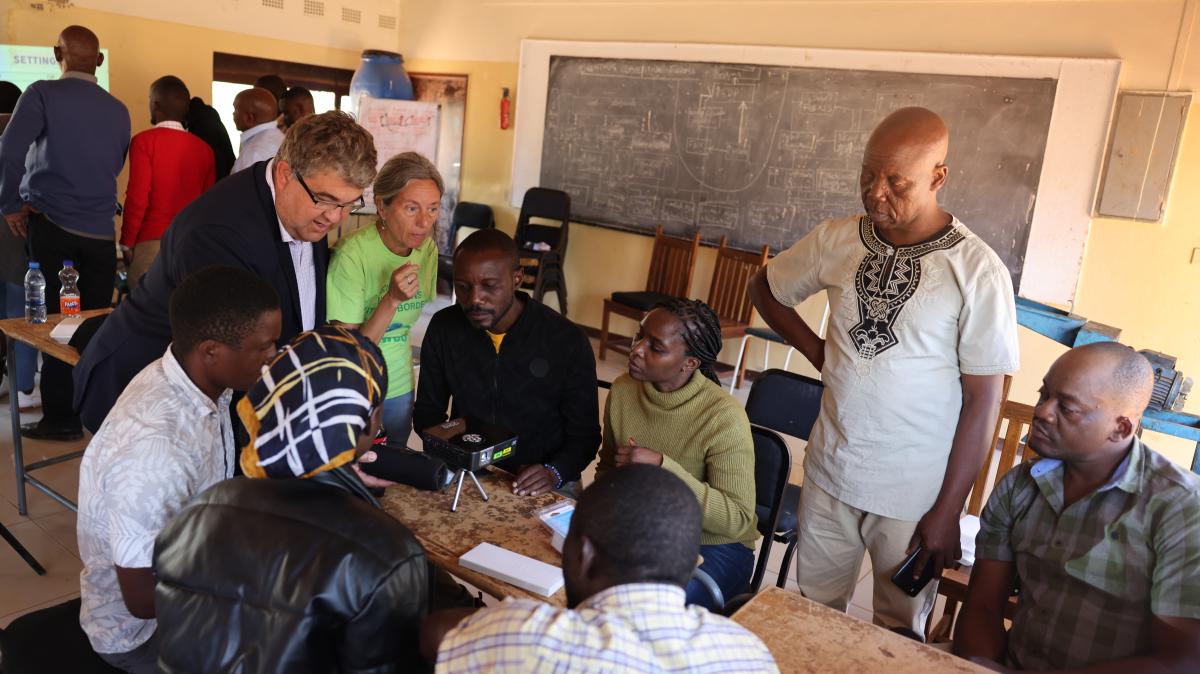Mauritius is faced today with the triple challenge of coping with a high budget deficit; adapting to the erosion of preferences in respect of sugar and textiles in a situation where the balance of trade is negative; and facilitating the emergence of new poles of development.
These challenges have to be viewed against the background of the triple shock facing Mauritius, namely the 36% reduction of the sugar price brought by the reform of the EU Sugar Regime; the continually rising oil prices; and the dismantling of the Multifibre Agreement and the WTO negotiations on Non Agricultural Market Access which would adversely impact on the Textile and Clothing and Fisheries sectors.
The sugar sector will have to face lower sugar prices and fiercer competitors, having unlimited access, at the same time. The textile sector, which has already lost 1/4 of its labour force in the last three years, will not only face competition from China but also the drop in the tariff protection in preferential markets with further adverse social and economic consequences. While tourism is a very promising sector, it is quite fragile given its dependence on extraneous factors namely international events including the spread of new viruses and social peace and harmony. Moreover, the tourism sector depends on the positive externalities of the sugar industry: soil conservation and the prevention of silt deposit in lagoons, greenery and aesthetic effects of cane plantations.
Sugar and Textiles
Mauritius Times. (2016). Multi Annual Adaptation Strategy. Mauritius.






